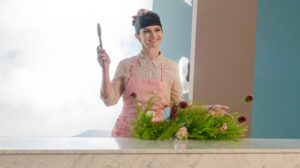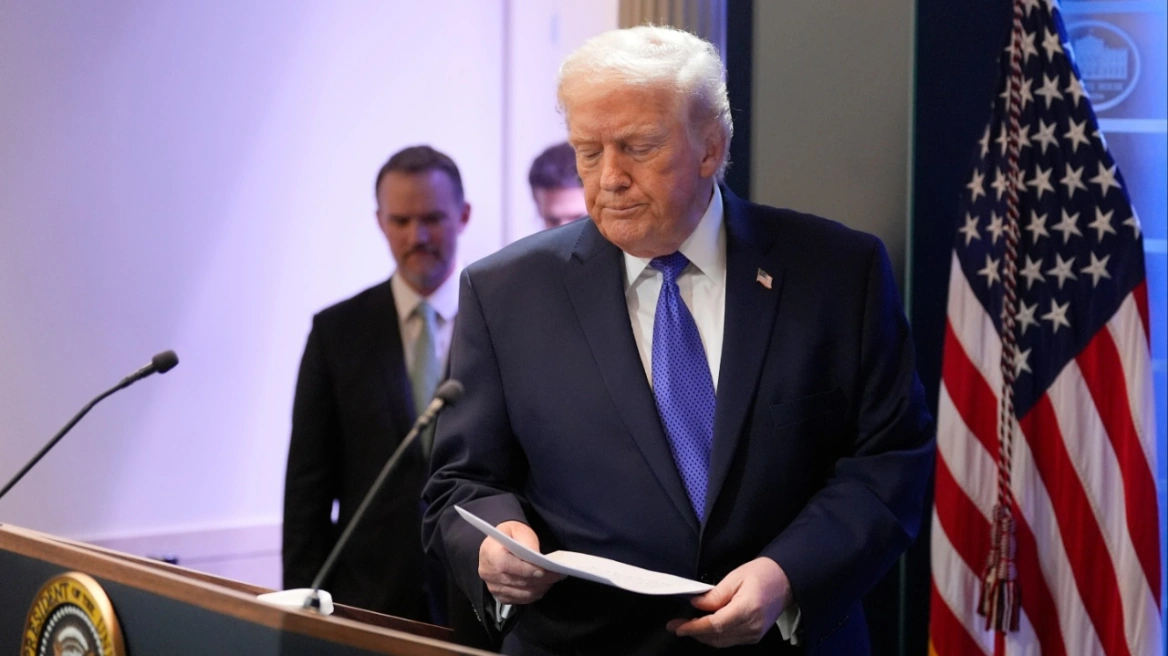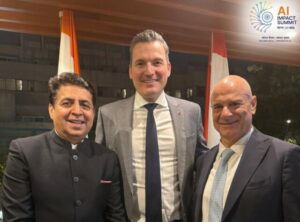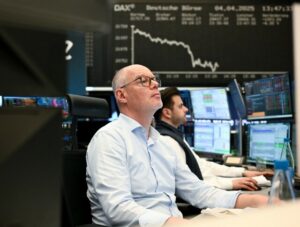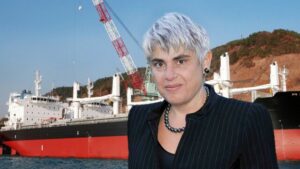They have named it the best chef in Italy, they have admired its philosophy and pioneering spirit, and they have devoted countless pages to it: But for Italian chef Chiara Pavan, what counts is not only the Michelin star she has deservedly earned, nor the great fame, but also the little personal paradise she has created of which she is proud.
Chiara Pavan has managed to transform a small island just outside the bustling Venice, Mazzorbo, into an exemplary place with a restaurant perfectly integrated into its surroundings and a unique vineyard.
Even its collaborations are carefully selected, such as with Lavazza as chef ambassador for this year’s Lavazza 2025 calendar concept – and the idea of blending that runs through its central principles. The distinguished chef talks to “First Matter” about this collaboration, but also about her ecological vision, which is to change the world by starting from this little island in Venice (the locals say, however, that it is enough to change your world if you try ravioli with crab, pine nuts and local herbs) and about her collaboration with Lavazza.
As we find her in this earthly paradise called Mazzorbo, home to Venice’s restaurant, a place of unparalleled beauty that combines a new ecological ethic with Italian beauty and refinement, we ask her to describe her ordinary day in paradise. “My day starts with a coffee and some yoga before walking to the restaurant through the colorful houses of Burano and the lush green park. I then pick herbs, flowers, and vegetables from the garden. Together with my team I cook and prepare lunch and dinner for our guests. Sometimes I take the boat and go somewhere in the lagoon,” he replies.
But since she is a person who loves coffee very much, which she has strongly integrated into her gastronomic vision and philosophy, I wonder how her vision for a more ethical and sustainable future is connected to the Lavazza vision that permeates the calendars of the famous company. “I love coffee and have a very close relationship with it. The concept of mixing is very important in my work because I strongly believe that innovation is based on the influence of different sectors and different cultures. We must look at coffee first as an agricultural product from different cultures and treat it ethically: by choosing ethical producers and sustainable projects. It is the same attitude I have always had in my culinary art,” he concludes.
But it’s not just her culinary art that makes Chiara Pavan stand out, her stints alongside top masters in France, or her stint at the prominent Da Caino diaspora in Tuscany: it’s her studies in philosophy. To what extent, I wonder, did philosophy influence her personal development in gastronomy? “I don’t know,” she answers. “Maybe it’s a matter of ‘forma mentis’. My approach to food and my work has always been philosophical, ethical, and moral. I ask myself a lot of questions about whether I should use certain ingredients or not, whether I should cook something or not,” he maintains.
As for her groundbreaking menu, which popularized certain dishes in Italy such as mouthwatering sea snails, what we ask was the vision behind this subversive plan. “For the past year we have focused our menu on vegetables and expansive species from the lagoon and the Adriatic,” she answers, explaining how they decided at her distinguished restaurant to reduce the amount of animal proteins and focus on species “that are not endemic but are still very present in our seas. We suggest blue crab imported from the US coast. In this way, we are trying to find a market for these species and at the same time leave alone some animals that are now more endangered,” he concludes by explaining the plan to protect these rare species.
For all these reasons they decided to use Chiara Pavan as an environmental ambassador and one of the chefs who take the concept of sustainability seriously. She comments to us on this that any chef could have this title if they really want it and if they pursue it – as long as they believe in it. “Food systems are responsible for a large percentage of gas emissions and biodiversity loss,” she argues in this regard. “Chefs today have a lot of visibility and can influence through their work and social media. We can show how to cook more sustainably and can recommend menus and ingredients with a low carbon footprint. We are responsible for all of this. We can be ambassadors for a change in the culinary and food choices of many people.”
Ask me anything
Explore related questions
